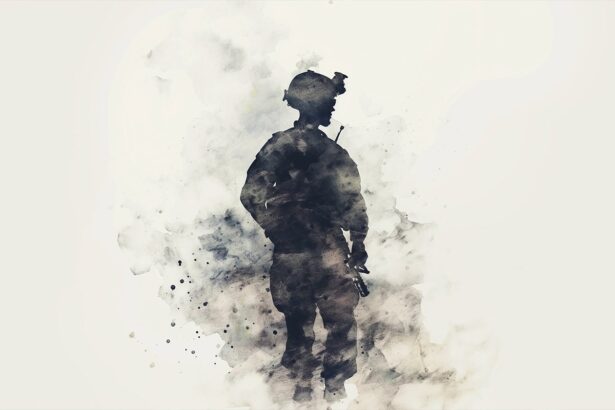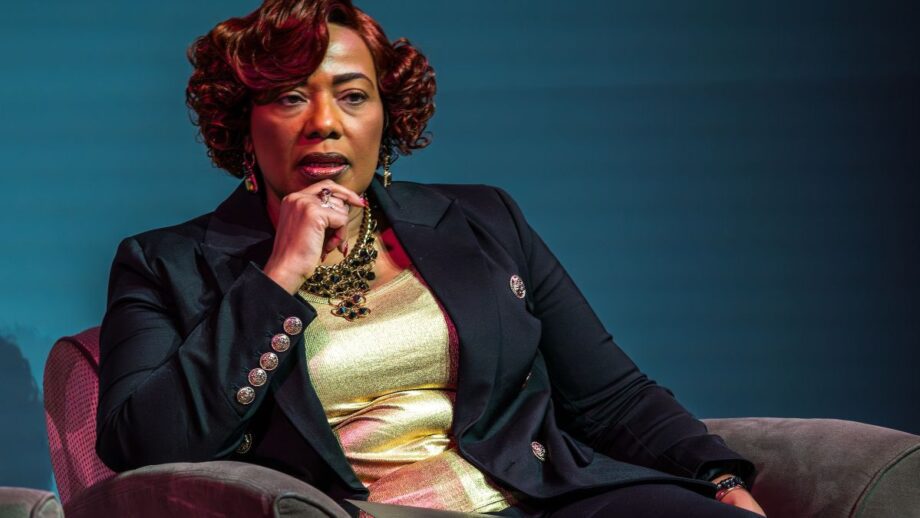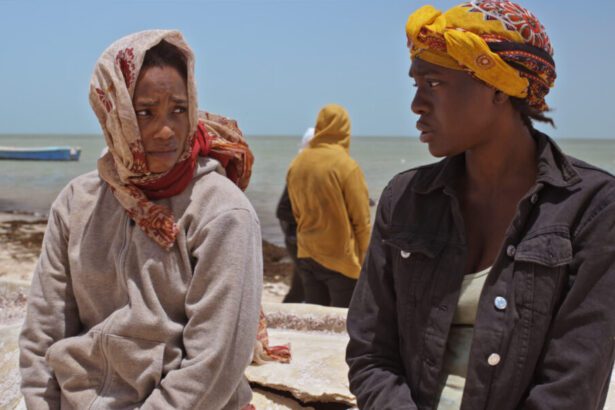During the Flinn Foundation Centennial Lecture at the Tempe Center for the Arts, Bernice King, CEO of the Martin Luther King Jr. Center for Nonviolent Social Change, spoke about her father’s impactful speech delivered at Arizona State University 60 years ago.
Martin Luther King Jr.’s oration titled “Religious Witness for Human Dignity” took place on June 3, 1964, at Goodwin Stadium, just days before the U.S. Senate passed the Civil Rights Act.
Reflecting on that time, Bernice King remarked, “When he came to this university, he did not enjoy the benefits of legal equality. Sixty years later, his daughter does. That does not mean that we don’t have a lot of difficult work to do and that there aren’t challenges.” She highlighted the stark contrast between her father’s experiences, growing up in a racially divided world, and her own reality today.
During the event, King engaged in a dialogue with Candi Castleberry, Amazon’s vice president of inclusive experiences and technology, discussing the progress made over the past six decades and the hurdles that still exist.
King acknowledged significant improvements in political representation, noting, “In the 1960s there were a ‘token number’ of Black elected officials. Today, 12% of congressional members are Black, reflecting the 13.6% of the U.S. population that identifies as Black.”
Despite this progress, King emphasized the ongoing economic challenges, saying, “There’s still an extreme racial wealth gap in this country. Poverty is just as bad, if not worse than it was during my father’s lifetime.” She called for the dismantling of biases that persist in societal systems, which contribute to racial disparities.
Reinforcing her father’s philosophy of nonviolence, King stated, “You can’t use hate to destroy hate. Only love can do that.” She urged today’s activists to manage their emotional responses, explaining, “If you’re hurling insults just because somebody else is hurling insults — to what end?”
King also spoke about her father’s spiritual foundation, noting his deep respect for all human life, including his adversaries. “The value of all human life was important to him, even his adversaries,” she said. “He still saw them as his sister and brother, regardless of what they did.”
Touching on the challenges of unifying voices in today’s technology-driven society, King pointed out that social media complicates collective action. “We don’t have that centralized leadership,” she noted, contrasting her father’s ability to articulate the Black community’s issues with the fragmented discourse today.
King took a moment to honor her mother, Coretta Scott King, reflecting on her vital contributions to the civil rights movement and her efforts to maintain peace after her husband’s assassination in 1968. “Had she not had the posture she had when he was assassinated, there’s no telling what would’ve happened to our world,” she recalled.
As the conversation drew to a close, Castleberry asked King if she felt pressured to continue her father’s legacy. King admitted that while she once felt burdened by those expectations, she now embraces the opportunity. “I know how important his work is to our world,” she affirmed. “So, that’s the pressure. But to carry it? Not anymore. I don’t resent that anymore.”
SOURCE: news.asu.edu




